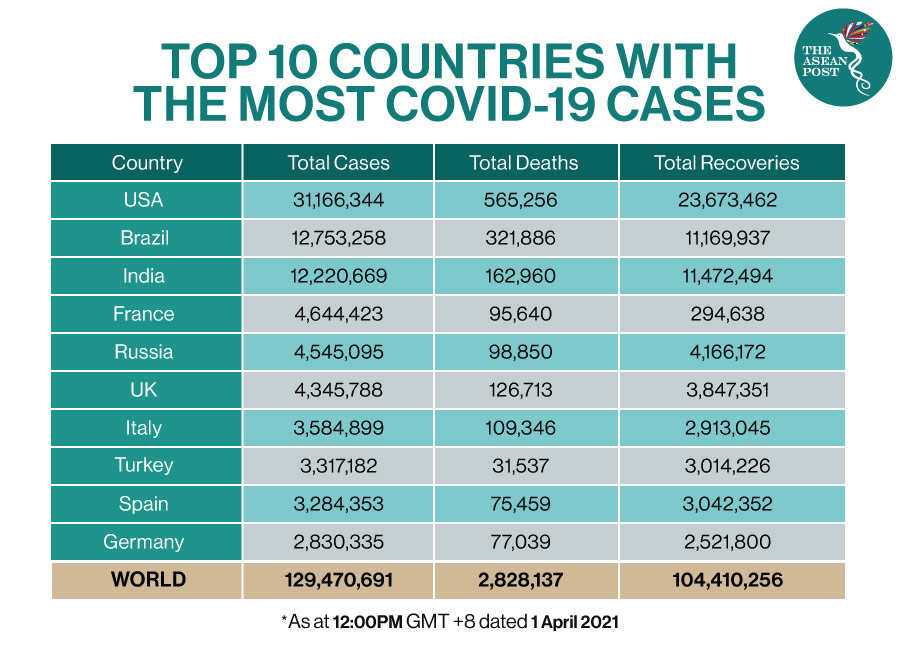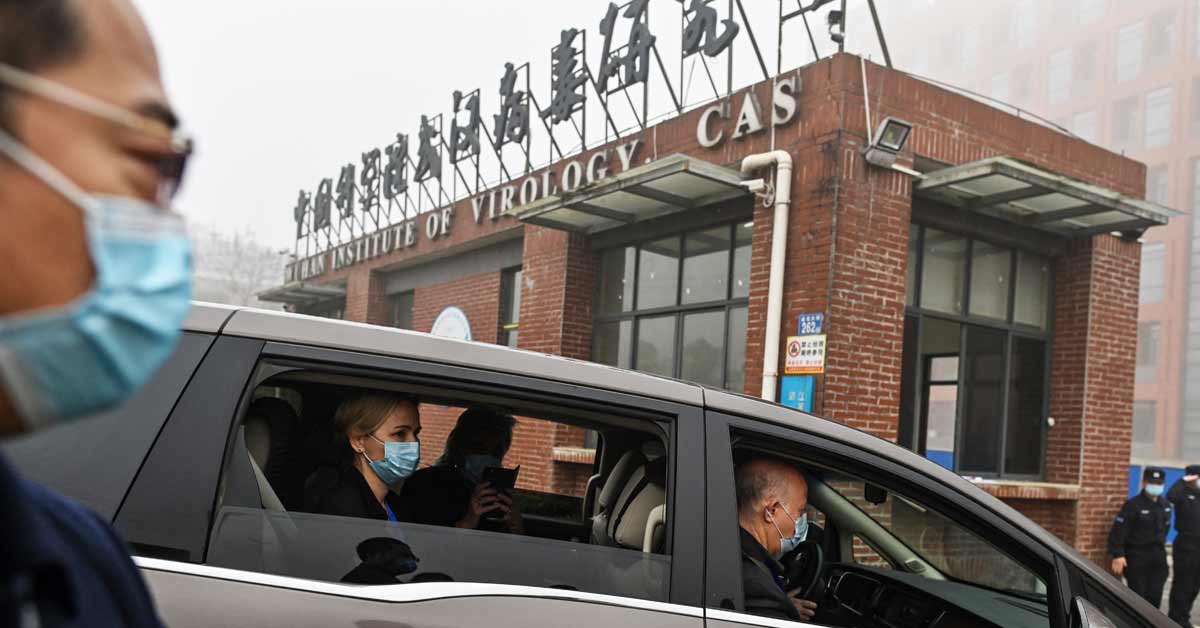China has called on the World Health Organisation (WHO) to take the lead in respecting the conclusions of scientists, a day after the international body's director-general faulted the findings of a mission to study the origins of COVID-19 in China.
"We need to respect science and respect the opinions and the conclusions reached by scientists," Chinese Foreign Ministry spokesman Hua Chunying told a daily briefing in Beijing on Wednesday (31 March). "The WHO should play a leading role."
In a separate briefing, Chinese scientists working alongside the 17 international experts assembled by the WHO for the mission to Wuhan – the central Chinese city where coronavirus was first detected in late 2019 – also defended the thoroughness of their findings and conclusion.
Liang Wannian, an epidemiologist who headed the team of Chinese experts working with the WHO, said at a separate press briefing that the merit of the report should be judged by scientists.
China's comments came a day after the release of the study into the origins of COVID-19. The report, written after four weeks of investigative work in Wuhan city – capital of Hubei province – drew widespread criticism from countries including the United States (US).
The US and 13 other countries expressed concerns on Tuesday that the WHO report lacked access to complete data, according to a joint statement. The statement was signed by Australia, Canada, the Czech Republic, Denmark, Estonia, Israel, Japan, Latvia, Lithuania, Norway, South Korea, Slovenia, the United Kingdom, and the US.
WHO director-general Tedros Adhanom Ghebreyesus unexpectedly also critiqued the report, saying it had not sufficiently examined the controversial hypothesis that the virus could have leaked from the Wuhan Institute of Virology, where researchers have been studying different coronaviruses, including ones with similarities to Sars-CoV-2, which causes COVID-19.
"I'm not sure how he understands the issue," Liang said of Tedros' comments. "Whether the examination was sufficient or not should be judged by scientists and history."
The coronavirus probably spread from bats to humans via another animal, according to the WHO-China study. The most productive research would be to look for such an animal link, it said.

Peter Ben Embarek, co-leader of the WHO investigation trip to Wuhan, has said that the lab hypothesis – which was promoted by former US president Donald Trump's administration – was not the main focus of the investigation and so did not receive the same depth of attention and work as other theories.
The team did not do a full investigation of the labs, he added.
Hua on Wednesday also refuted the joint statement made by the US and 13 other countries, saying this was evidence of certain countries' disrespect for science and political manipulation of the origin-tracing issue.
She said politicising the origin-tracing issue was immoral and will jeopardise anti-pandemic cooperation.
"These countries should engage in some self-reflection and ask themselves, how has their own anti-epidemic work gone? What have they done for international cooperation in the fight against the pandemic?" Hua said.
The experts "said they went to places they wanted to and they met people they wanted to", she added.
Liang also told reporters that researchers from both sides had access to the same data throughout the investigation and that the assertions about lack of access were not accurate.
"Of course, according to Chinese law, some data cannot be taken away or photographed, but when we were analysing it together in Wuhan, everyone could see the database, the materials – it was all done together," said Liang.
This article was first featured on 31 March, 2021 in The Straits Times.
Related Articles:
